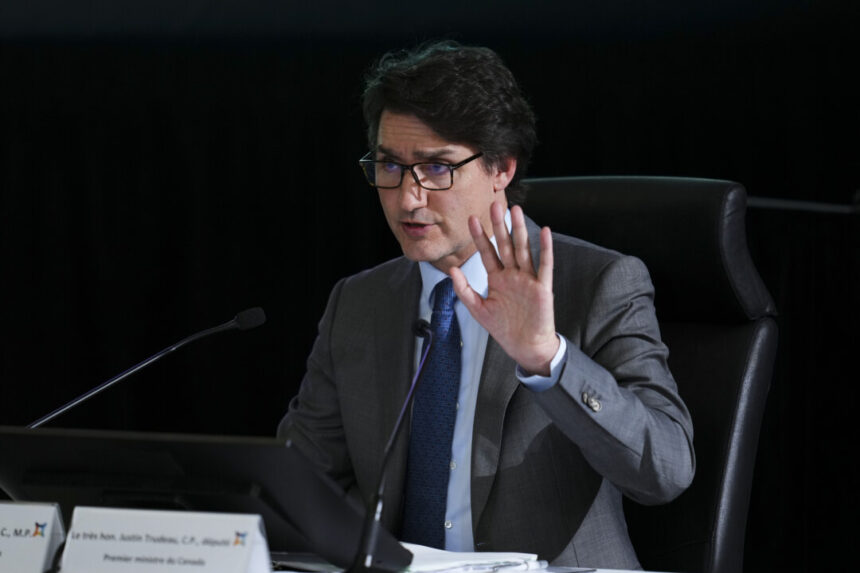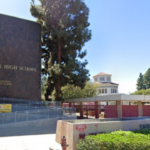The Prime Minister Justin Trudeau refuted intelligence reports suggesting that the Chinese regime supported the Liberal Party in a previous election. He testified at the Public Inquiry into Foreign Interference on April 10, stating that it was unlikely for the Chinese government to have a preference in the election despite individual officials expressing preferences. Tensions between Canada and China during the 2019 and 2021 elections were noted, particularly regarding the detention of Michael Kovrig and Michael Spavor. The Canadian Security Intelligence Service (CSIS) provided Mr. Trudeau with a summary indicating that some Chinese officials in Canada favored a Liberal Party government in the 2021 election. The Conservative Party campaigned against the Chinese Communist Party (CCP) during this time.
Former Conservative Leader Erin O’Toole testified that Chinese interference impacted up to nine ridings in the 2021 election. A CSIS briefing from February 2023 suggested that efforts to discourage Chinese-Canadian voters from supporting the Conservatives were orchestrated by the People’s Republic of China (PRC). Mr. Trudeau claimed he was unaware of these activities in 2021 and only learned about them through media reports and the Conservatives.
The Prime Minister was questioned about former Gov. Gen. David Johnston’s report on foreign interference. Johnston’s report mentioned suspicions of irregularities in the 2019 Liberal nomination race in the Don Valley North riding, potentially linked to the Chinese Consulate in Toronto. Despite being briefed on these suspicions, Mr. Trudeau chose to keep the candidate, Han Dong, on the ballot.
The inquiry also addressed the flow of information within the government regarding foreign interference warnings. Written briefings from CSIS highlighted Chinese interference in previous elections and the government’s inadequate response compared to allies like the US and UK. Mr. Trudeau stated that he often receives verbal briefings and does not read the intelligence reports directly. His senior advisers confirmed this during their testimony at the inquiry, leading to controversy among stakeholders evaluating the evidence.
Commissioner Marie-Josée Hogue approved the request on April 10, with Mr. Vigneault scheduled to testify on April 12.





